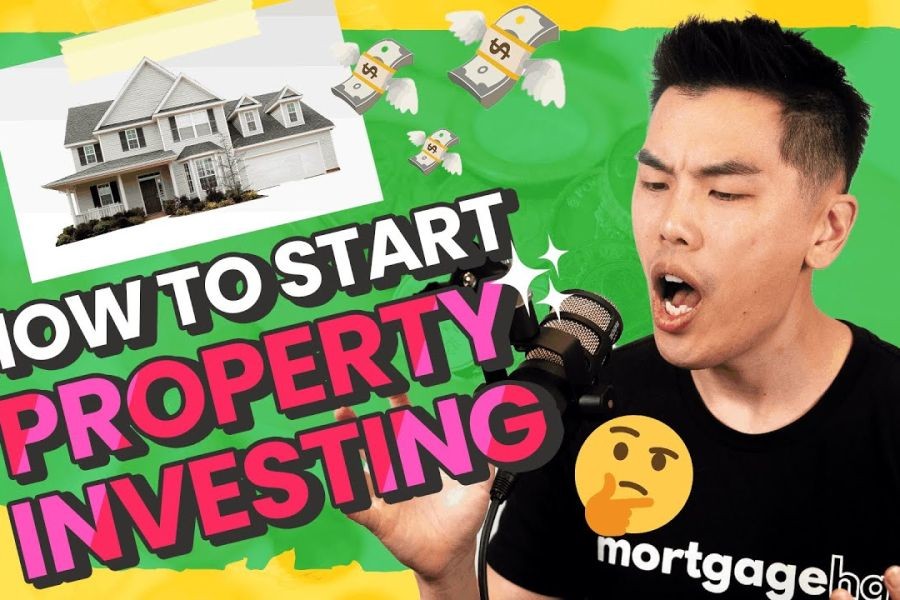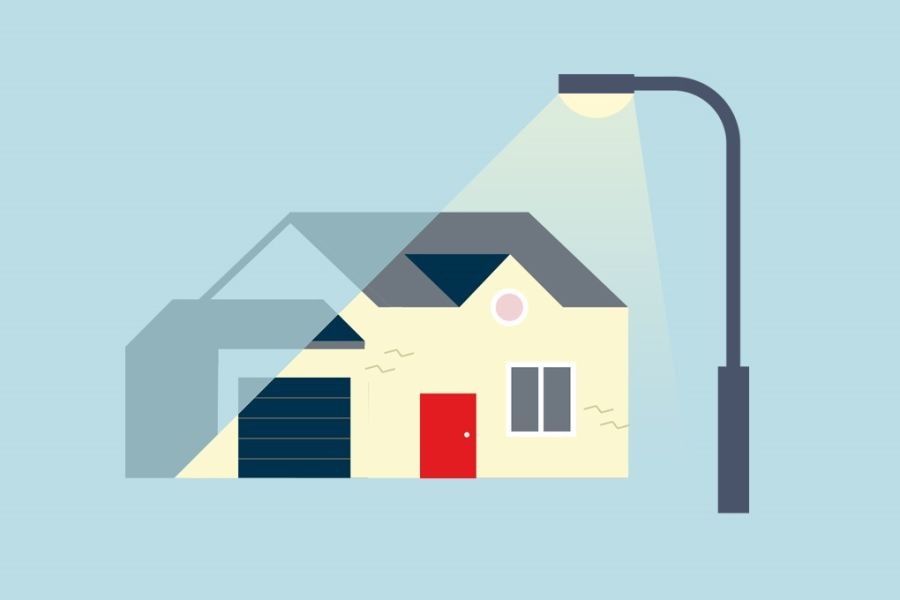In New Zealand, the allure of real estate investment is undeniable, yet the barrier of entry often seems insurmountably high, particularly when capital is scarce. However, contrary to popular belief, it is possible to start investing in real estate with little to no money. This article explores unconventional strategies that savvy investors can employ to penetrate the real estate market in New Zealand. With insights into local economic trends and expert analysis, you'll discover how to capitalize on opportunities previously thought inaccessible.
Case Study: Whai Rawa Property Group – Leveraging Partnerships for Success
Problem:
Whai Rawa Property Group, an iwi-owned enterprise, faced the challenge of limited capital but harbored ambitions to invest in New Zealand’s burgeoning real estate market. The firm needed a strategy to leverage its assets without large upfront expenditures.
Action:
To address this, Whai Rawa formed strategic partnerships with local construction firms and financial institutions. They negotiated joint ventures that allowed them to share risks and profits, effectively securing the capital needed to invest in development projects.
Result:
Within two years, Whai Rawa saw remarkable growth:
✅ Development of over 100 residential units
✅ Increased investment returns by 45%
✅ Strengthened community relationships, enhancing brand reputation
Takeaway:
This case study underscores the power of strategic partnerships in overcoming financial hurdles. New Zealand investors can similarly leverage local networks and industry partnerships to enter the market without substantial capital.
Step-by-Step Guide to Investing with No Money
1. Utilize Seller Financing
Seller financing, or vendor finance, is a strategy where the property seller provides a loan to the buyer to cover part of the purchase price. This can be particularly effective in New Zealand, where sellers are often motivated to close deals quickly, especially in a competitive market. By negotiating favorable terms, investors can acquire properties with minimal initial outlay.
2. Engage in House Hacking
House hacking involves purchasing a multi-unit property, living in one unit, and renting out the others. This strategy not only covers the mortgage but can also generate a positive cash flow. The Reserve Bank of New Zealand’s data suggests that properties with multiple income streams are increasingly resilient to market fluctuations.
3. Explore Lease Options
A lease option agreement allows investors to lease a property with the option to purchase it later. This arrangement gives investors time to secure financing or improve their financial standing while controlling a desirable property. In a market like New Zealand, where property values appreciate steadily, this can be a lucrative strategy.
Common Myths & Mistakes in Real Estate Investment
Myth: "You need substantial capital to invest in real estate."
Reality: With strategies like seller financing and lease options, investors can enter the market with minimal capital.
Myth: "Real estate investment only yields long-term gains."
Reality: Innovative strategies, such as short-term rentals, can generate immediate returns, particularly in tourist-heavy areas of New Zealand.
Myth: "The New Zealand market is too competitive for beginners."
Reality: With the right strategies and partnerships, even newcomers can carve out a niche in the market.
Future Trends & Predictions
By 2026, the New Zealand real estate market is expected to see a shift towards more sustainable and community-focused developments. According to a report from the Ministry of Business, Innovation and Employment, there will be increased governmental support for eco-friendly construction, making it an opportune time for investors to explore green initiatives. Furthermore, as digital tools become more prevalent, investors will have access to more sophisticated data analytics, enhancing their decision-making capabilities and minimizing risks.
Final Takeaways
- Leverage partnerships and creative financing to enter the market with minimal capital.
- Explore house hacking and lease options as viable entry strategies.
- Stay informed about government policies and market trends to capitalize on emerging opportunities.
- Consider the benefits of sustainable investments in alignment with global and local trends.
If you found these insights valuable, consider sharing your thoughts in the comments. Are you ready to explore innovative investment strategies in New Zealand's real estate market?
People Also Ask
How can I start investing in real estate with no money in New Zealand?
Consider strategies like seller financing, lease options, or partnerships. These methods allow entry into the market with minimal upfront capital.
What are the biggest misconceptions about real estate investment in New Zealand?
A common myth is that significant capital is required. However, creative financing and partnerships can enable investment with little initial capital.
What upcoming changes in New Zealand could affect real estate investment?
By 2026, policy shifts towards sustainability and eco-friendly developments could open new investment opportunities.
Related Search Queries
- How to invest in real estate with no money NZ
- Real estate investment strategies in New Zealand
- Lease option real estate NZ
- Best property investment strategies NZ
- Seller financing real estate NZ































